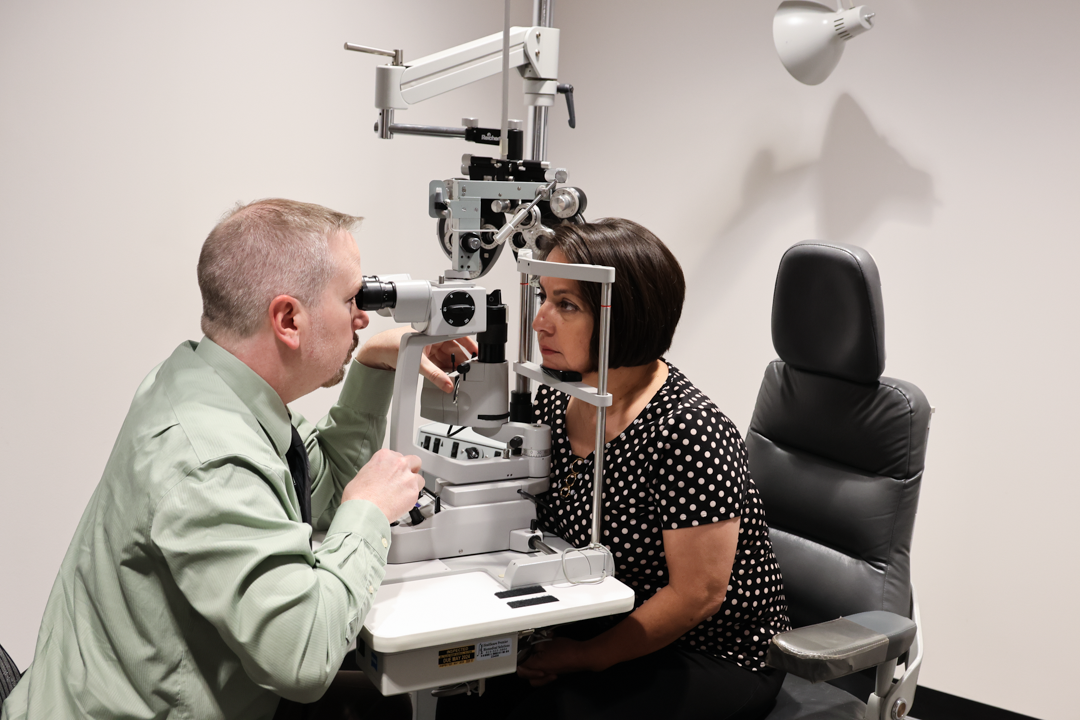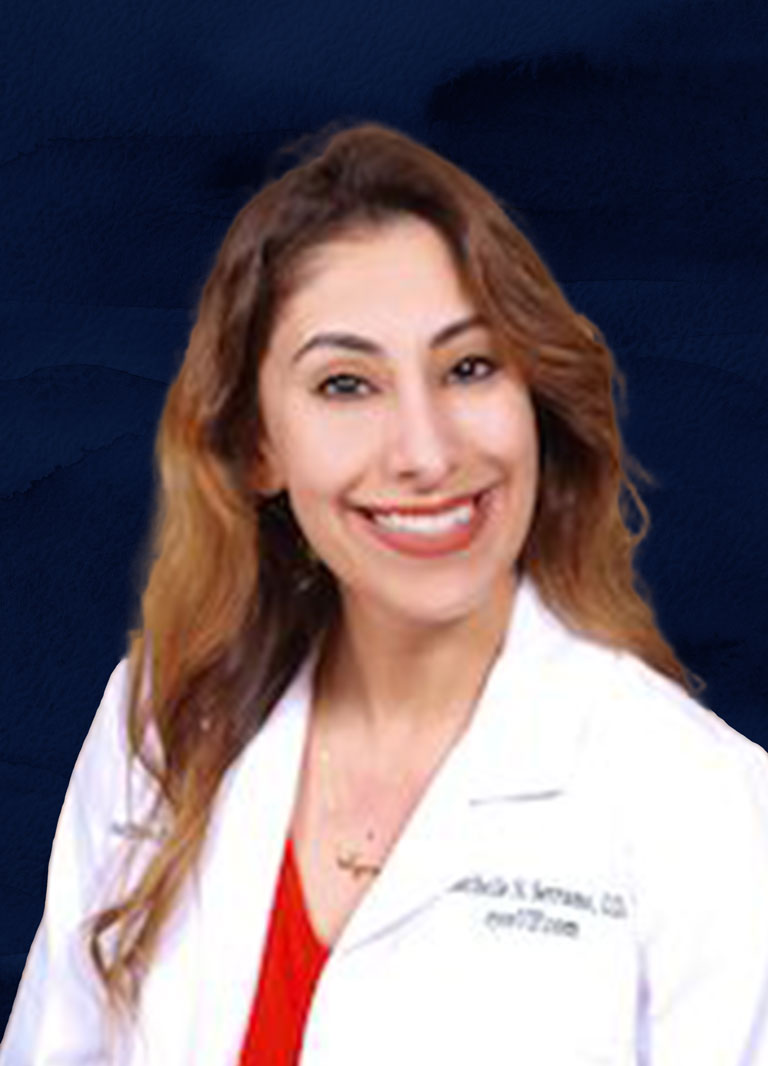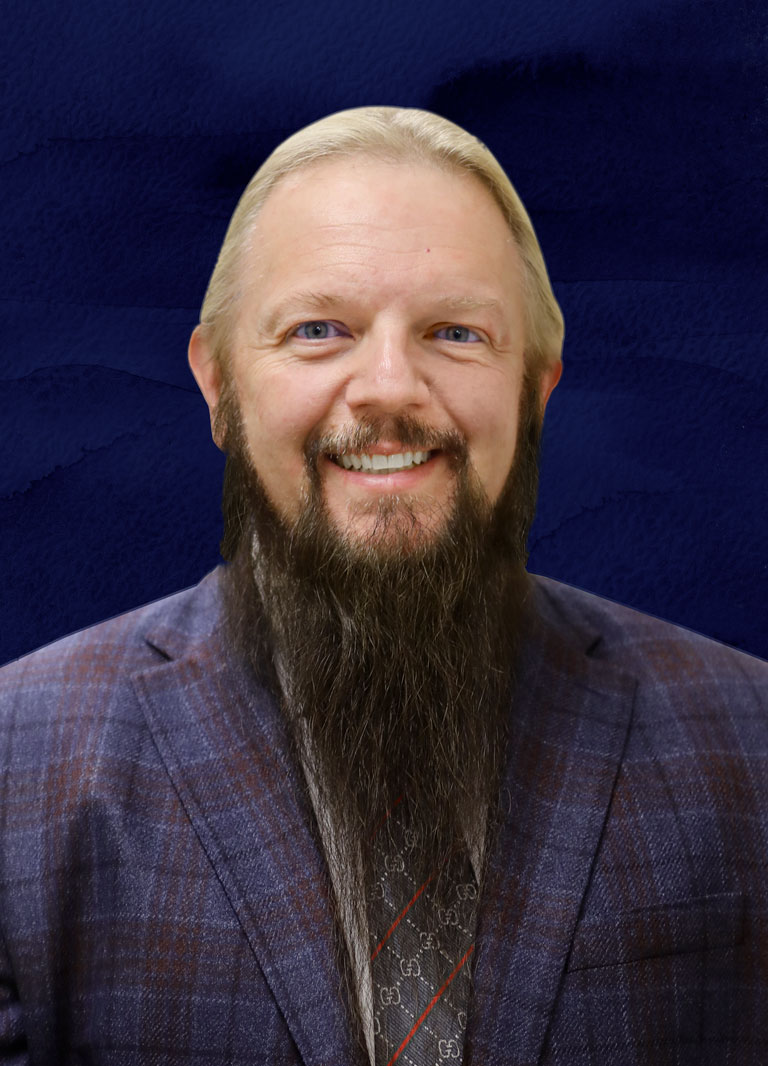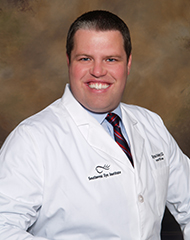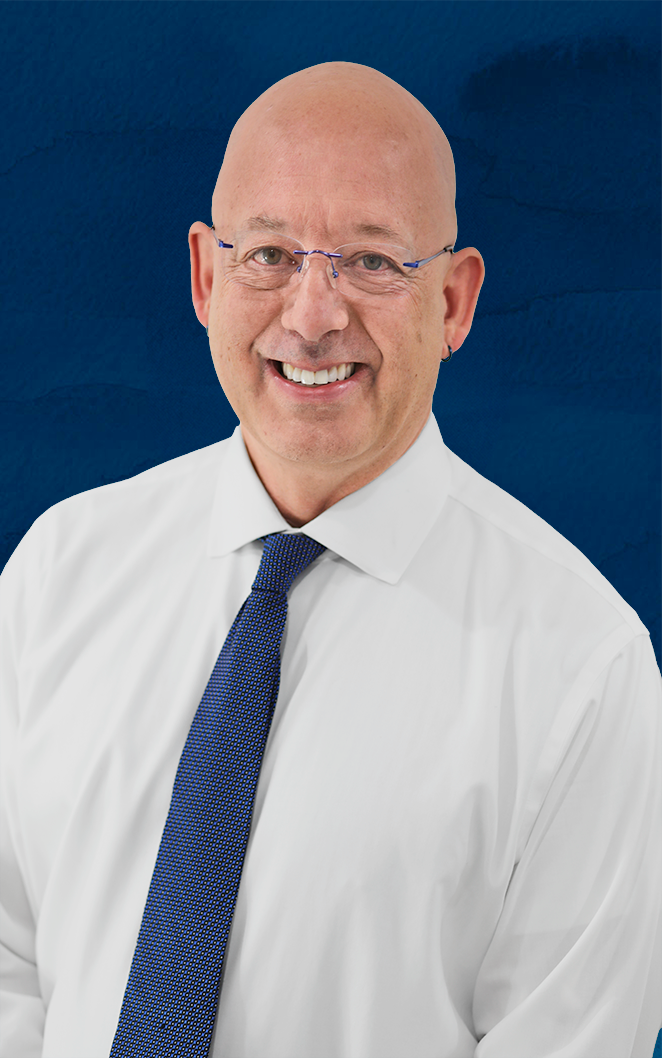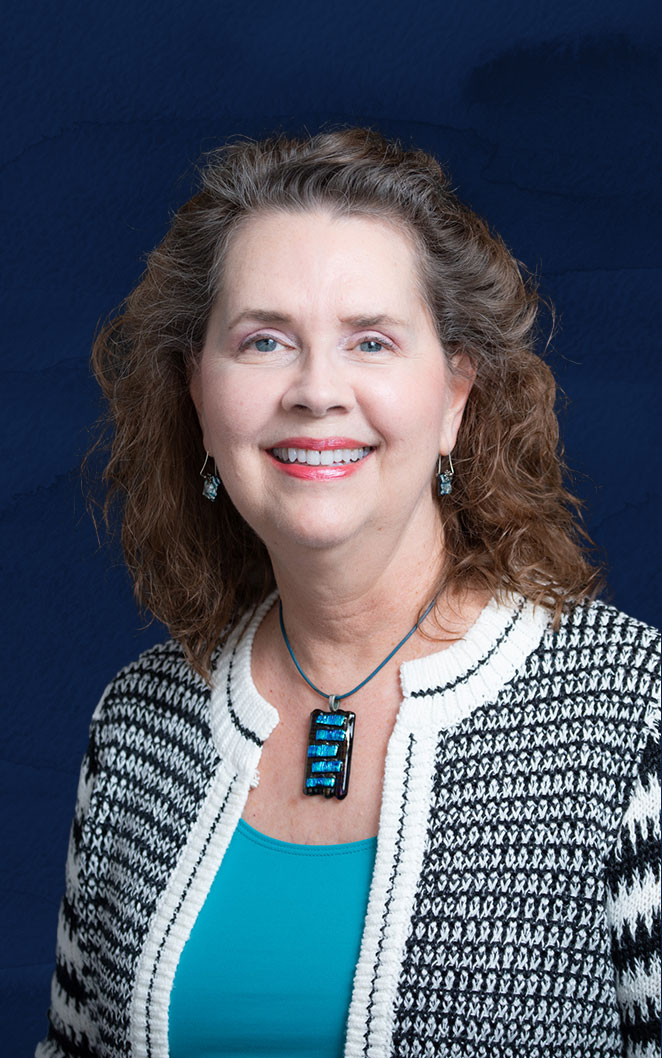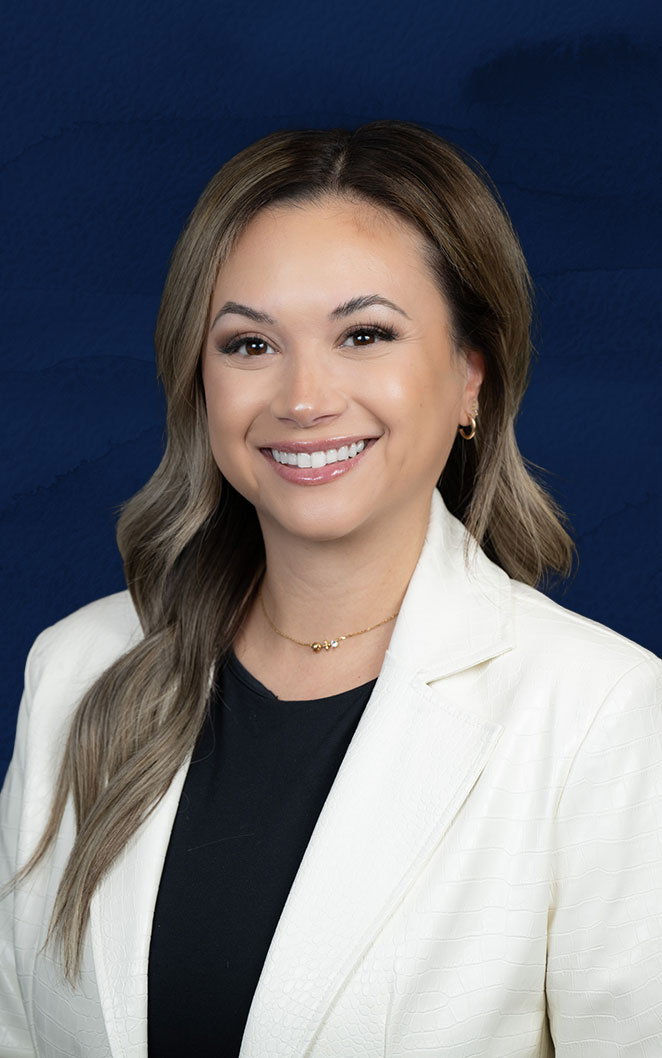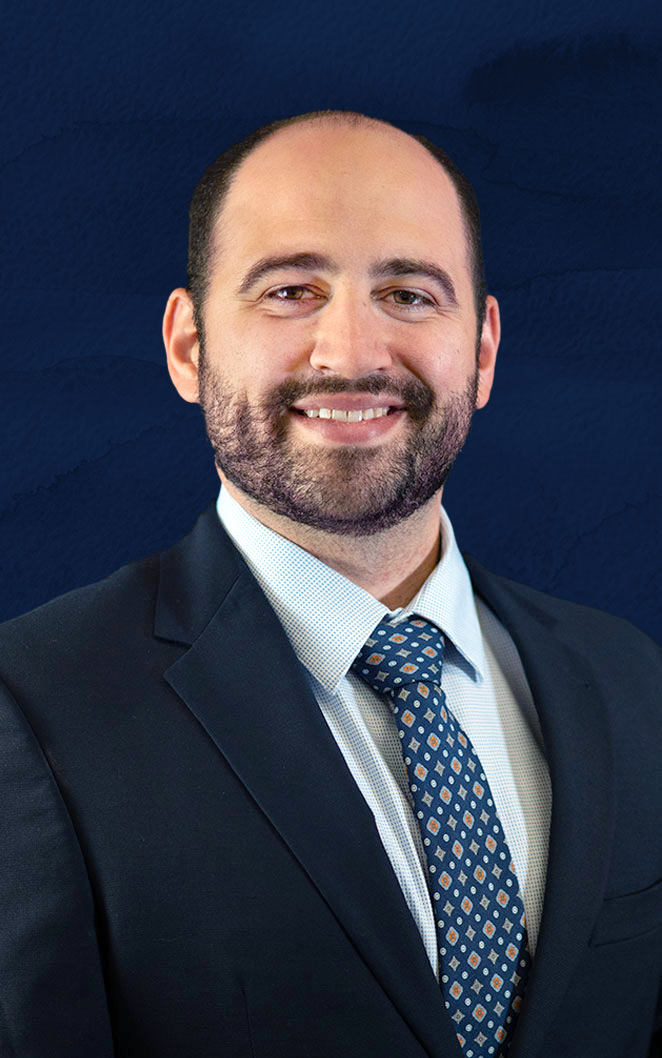Several eye diseases, such as glaucoma and macular degeneration, do not show noticeable symptoms in their early stages. An examination by an optometrist is the best option to ensure your eyes are happy and healthy.
A comprehensive eye examination is the best way to support healthy vision. It allows our doctors to screen for the early detection and management of eye diseases, monitor visual acuity, and ensure that your eyes remain healthy throughout your life.
A comprehensive eye exam will:
- Ensure your eyes are healthy
- Detect any early stages of glaucoma and macular degeneration
- Stay proactive in reducing age-related vision loss
- See signs of chronic conditions such as diabetes and high blood pressure
- Plus, routine eye exams are your best opportunity to protect your eyesight!

